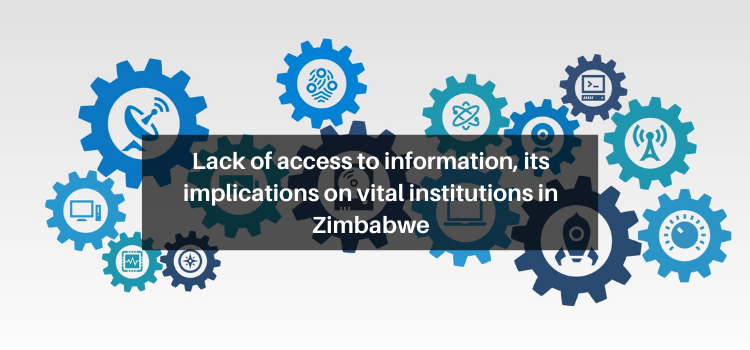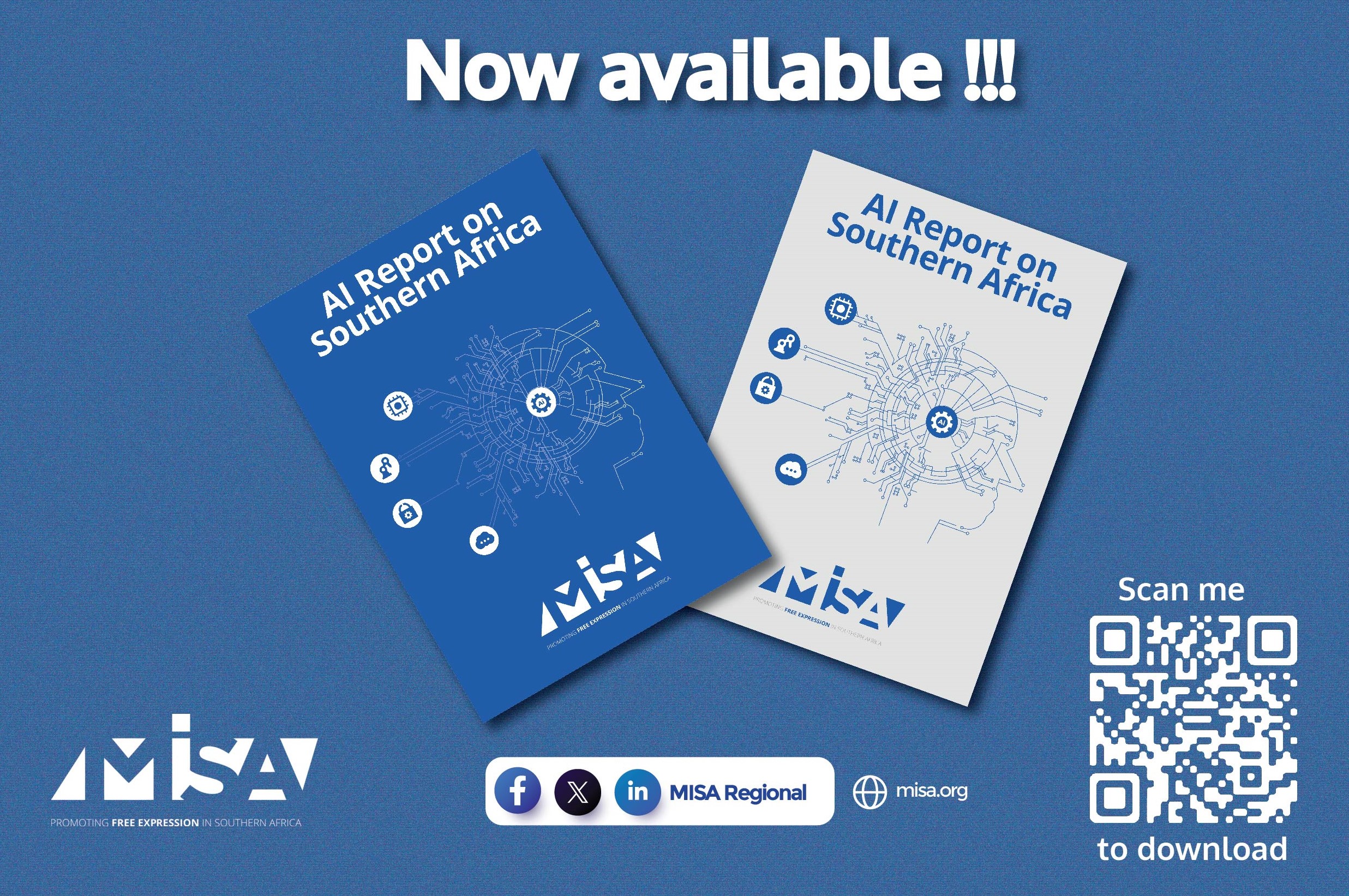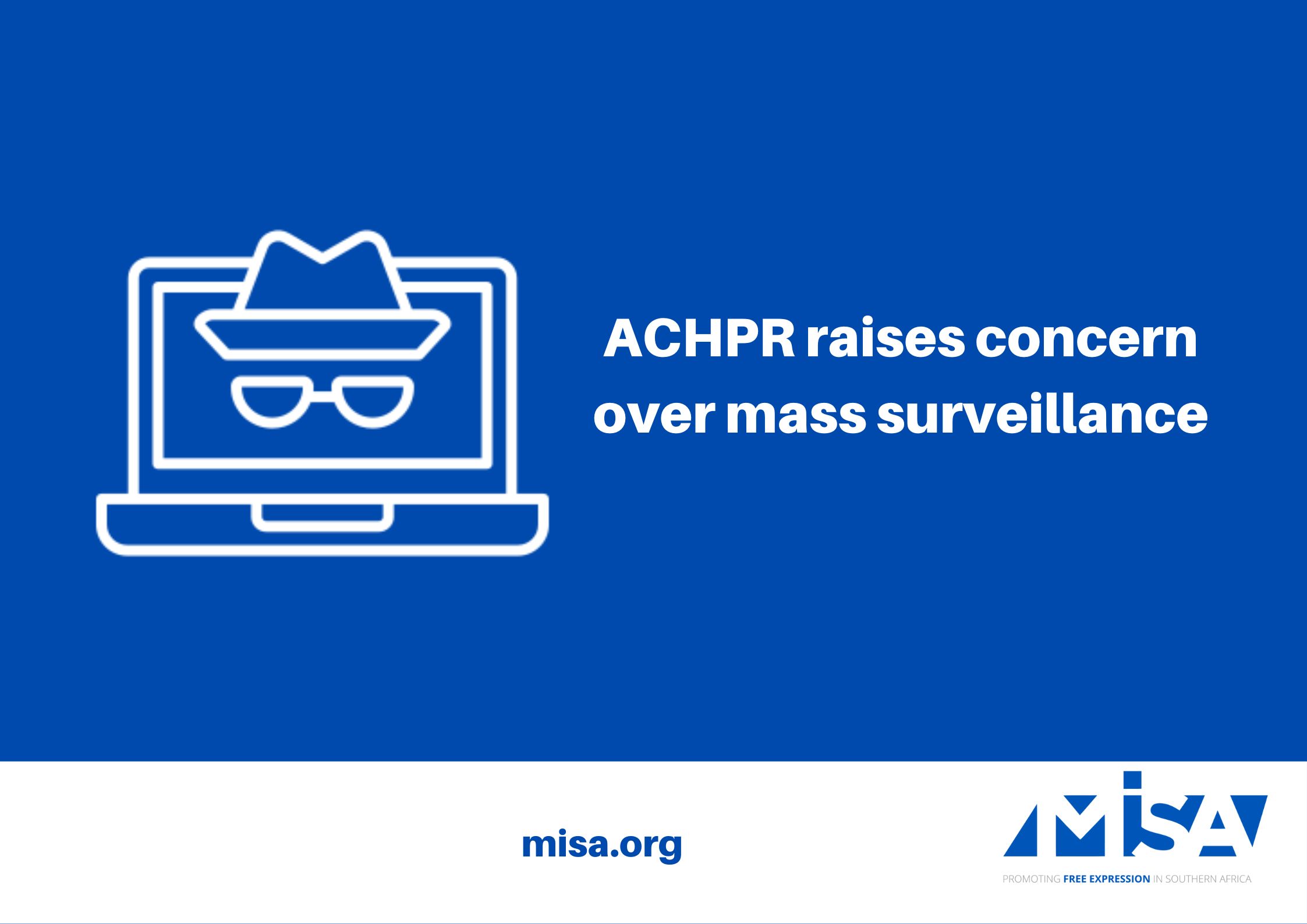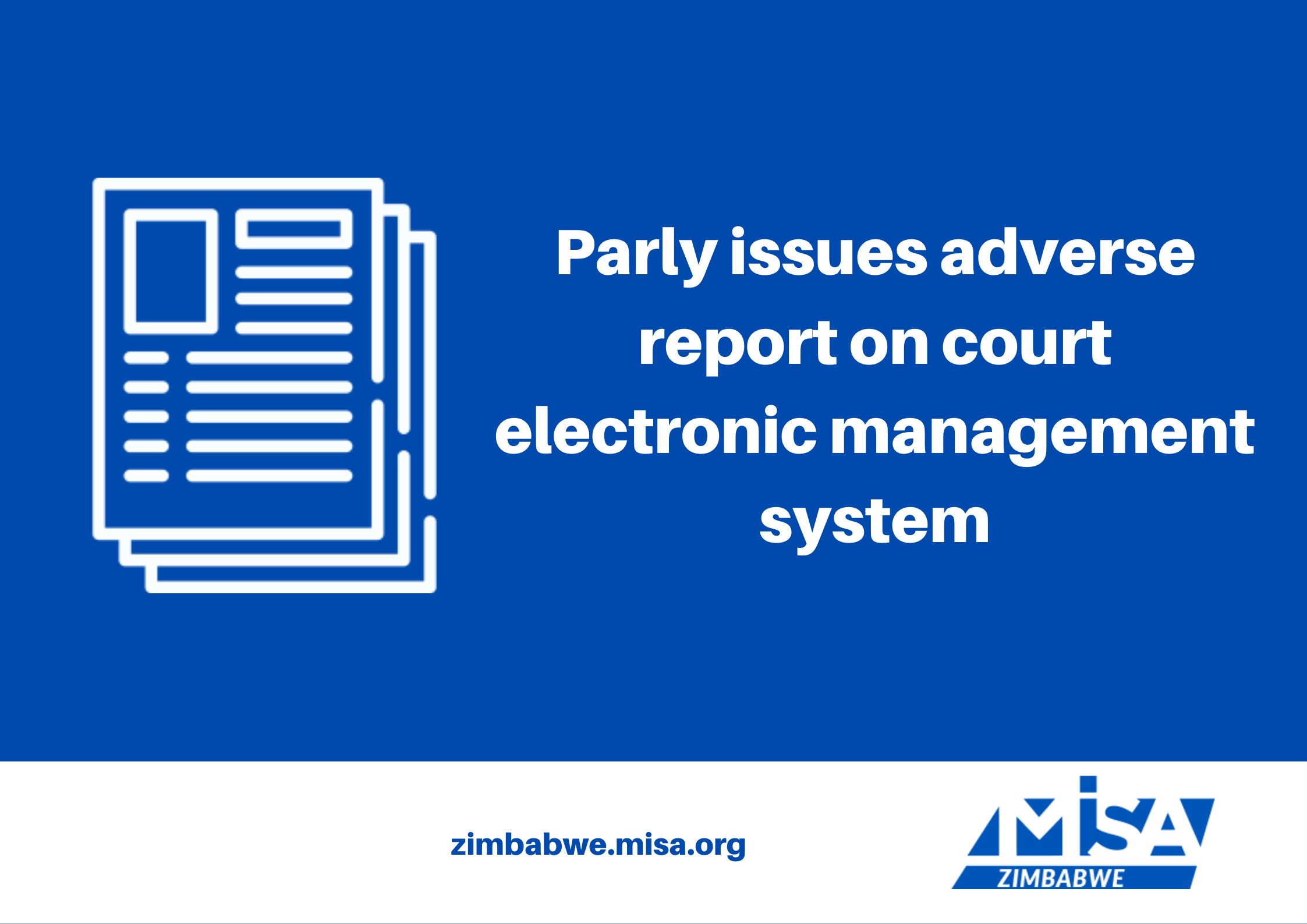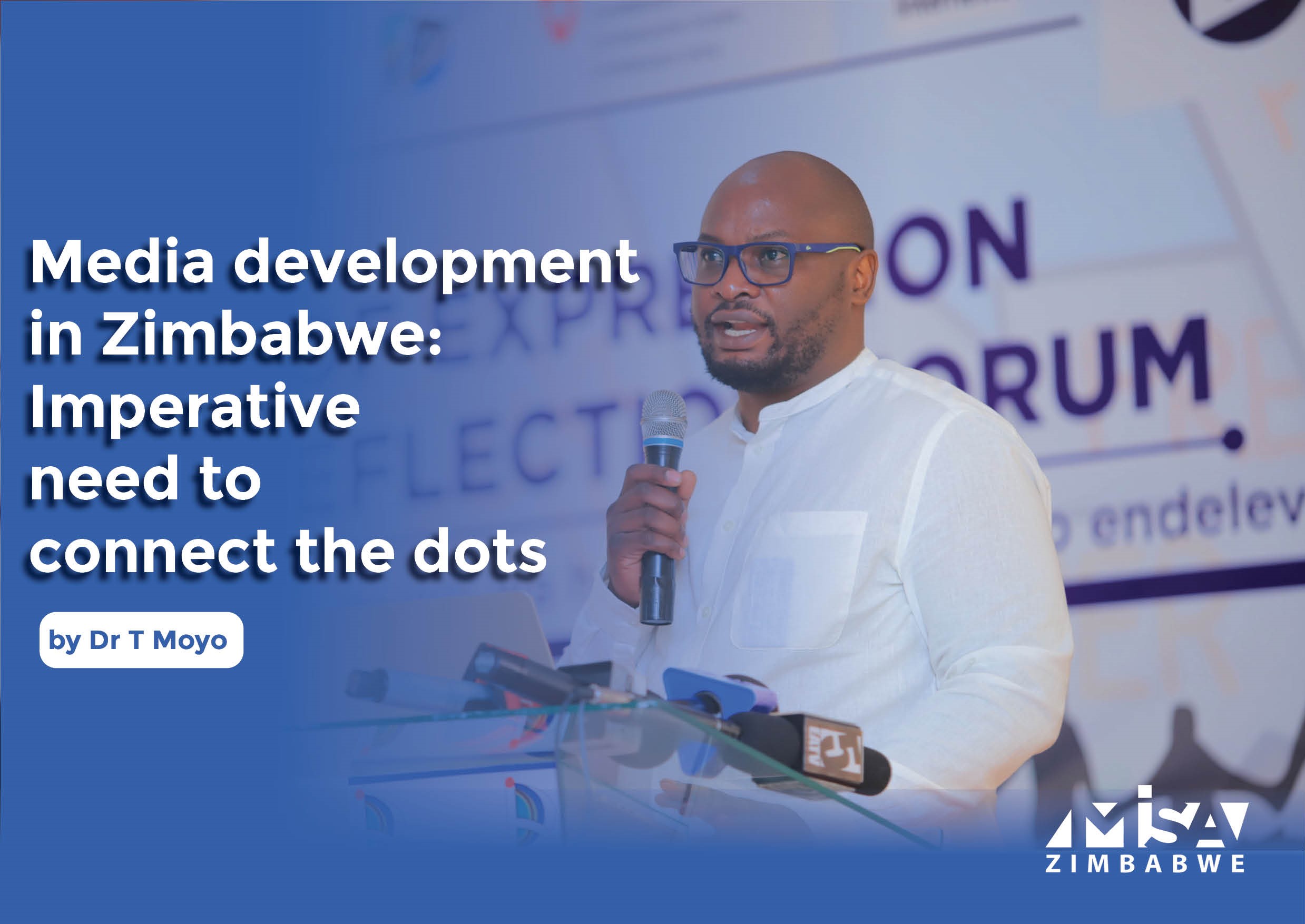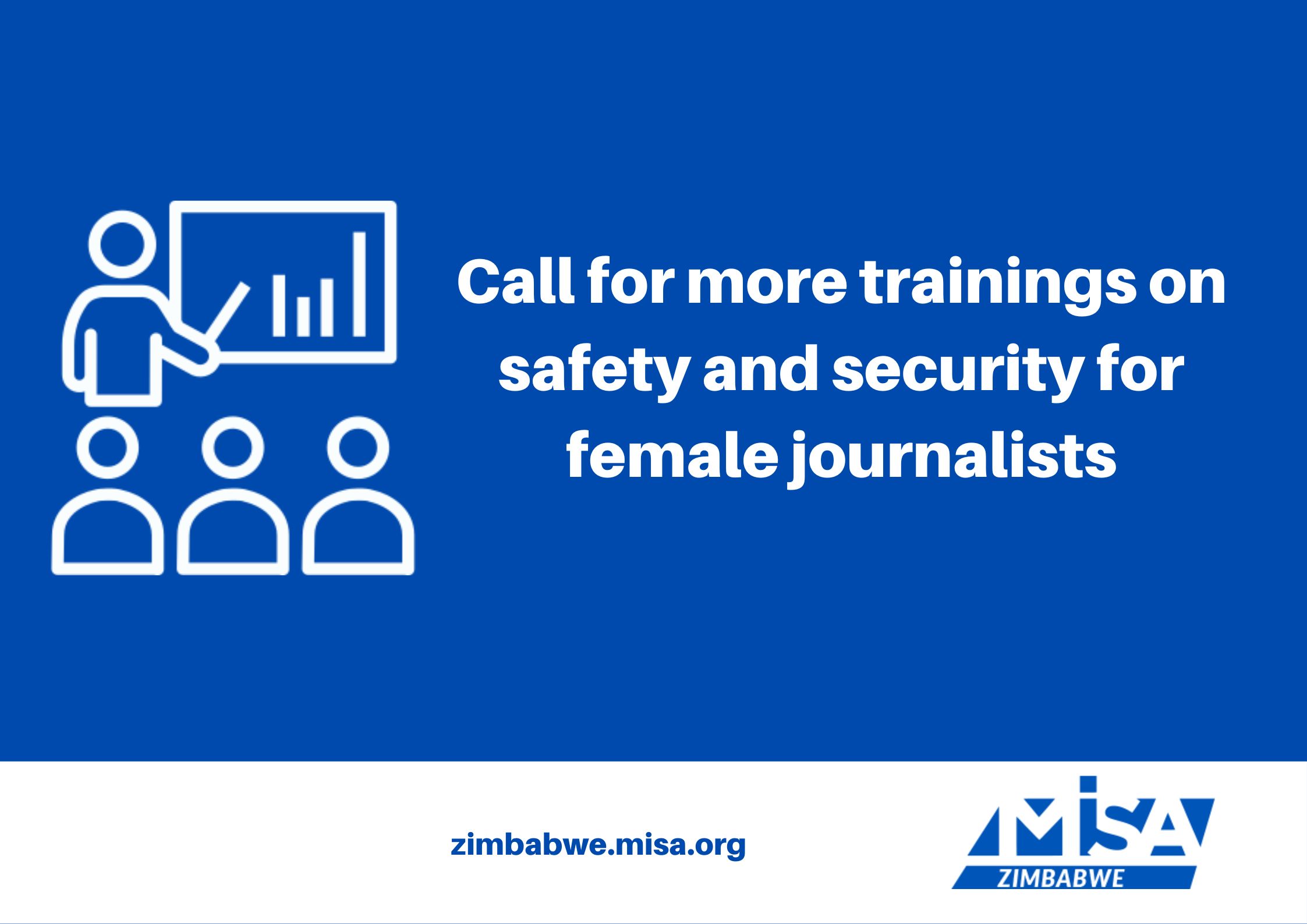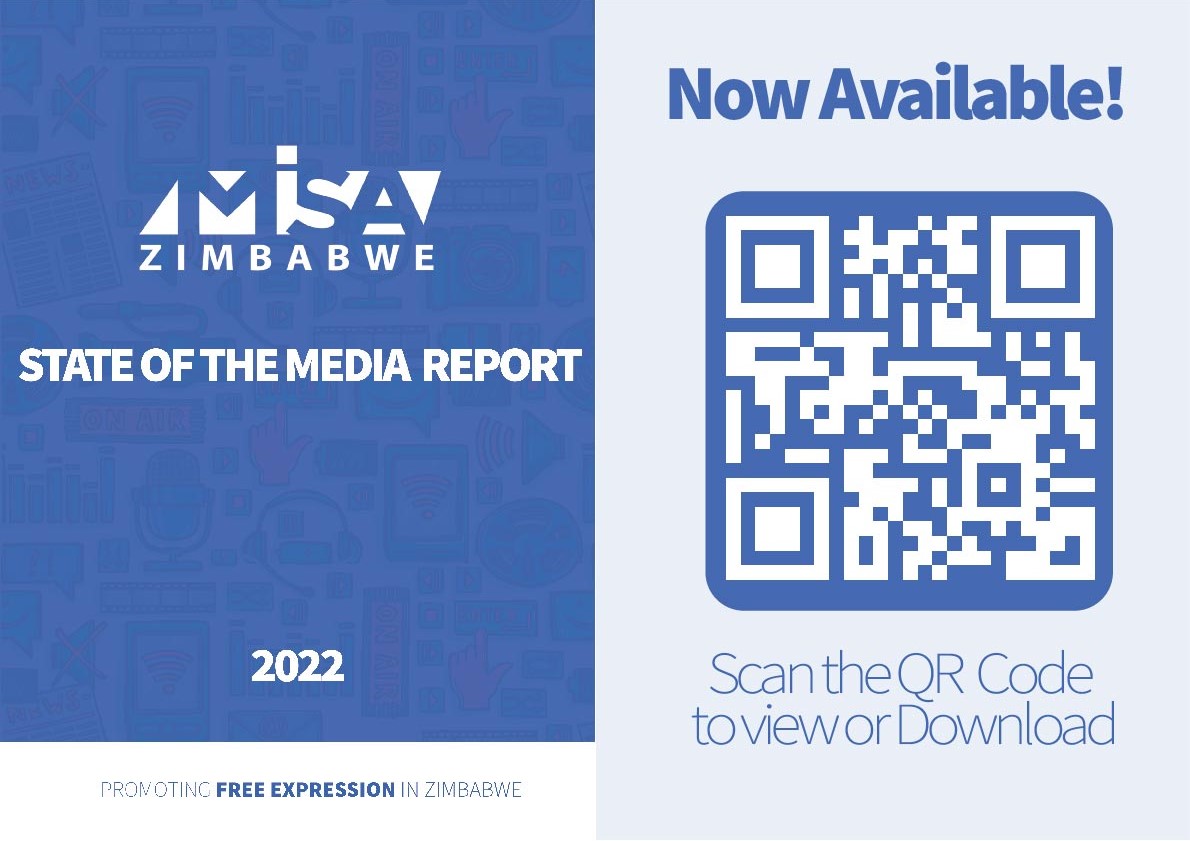By Nyasha Frank Mpahlo
Introduction
The right of access to information held by the state is a fundamental democratic right which is provided for in the Constitution of Zimbabwe.
Therefore, the state has an obligation to ensure that this right is guaranteed and protected.
In light of the recent enactment of the Freedom of Information Act by the government of Zimbabwe and the gazetting of the Cybersecurity and Data Protection Bill, it is imperative to explore the intended benefits of such legal instruments to the broader generality of Zimbabwe’s society.
It is also key and urgent to analyse their impact thereof against the enjoyment of human rights as enshrined within Zimbabwe’s constitution and regional instruments such as the African Declaration on Internet Rights and Freedoms.
This discussion comes at the backdrop of the COVID-19 pandemic whose impact has unequivocally deprived citizens of adequate access to information from the regulations that were put in place by the government and state institutions.
Whereas COVID-19 regulations are designed to control the spread of the COVID-19 virus, they were in most cases misconstrued and used to block citizens from practising their democratic right to request and receive information as would be within a normal environment.
For instance, although key economic institutions in Zimbabwe such as mining and agriculture were exempted from COVID-19 lockdown restrictions, persons within these sectors were still deprived regular access to information that would make them thrive and continue to contribute towards the much needed economic stability during the crippling pandemic.
Artisanal and Small Mining (ASM) sector challenges
Zimbabwe’s artisanal and small-scale mining sector has seen exponential growth during the last 10 years because of its being an easily penetrable trade with limited investment and knowledge barriers.
The sector is estimated to have more than 400,000 people.
Although the sector is only recognised through Reserve Bank of Zimbabwe pronouncements and Fidelity Printers and Refineries policy, it is not recognised at law.
This reality has made the sector a “pariah” sector whose information needs are trivialised regardless of its massive contribution to the total national gold output which stands at 67% as of 2019.
The current regime of indifference towards artisanal and small-scale miners, particularly when they attempt to access information exposes them to clientelism, corruption and even unreported human rights abuses.
It is, therefore, key to enable the sector by regularising it and allowing it to perform through ensuring that they have easy, understandable and concise information relating to their trade.
ASM sector information requirements include exploration licensing, registration, gold trading and reporting mechanism for challenges encountered, which may involve double-allocation.
Agricultural sector challenges
Agriculture is officially regarded as the mainstay of Zimbabwe’s society.
However, the question surrounding agriculture in Zimbabwe is multifaceted because it is a livelihood, political and economic issue.
What makes it central to this article is that improving transparency and accountability within the sector through providing access to information on land acquisition, distribution of inputs and even marketing of farming output will contribute towards – Saving Lives, Building Trust, Bringing Hope, which is the theme for this year’s International Day for Universal Access to Information.
For instance, in 2016, the government of Zimbabwe introduced the Command Agriculture programme, which was aimed at ensuring food self-sufficiency in Zimbabwe.
Under the programme, each participating farmer was required to produce at least 1,000 tonnes of maize, and the Ministry of Finance and Economic Development budgeted US$500 million towards the programme.
However, information on the number of farmers who benefited from the fund remains inaccessible, including an audit of the programme itself.
This lack of information has deprived the people of Zimbabwe of effectively playing their social accountability role in bringing the government to account for its actions, thus creating mistrust in the ability of the government of Zimbabwe to deliver its mandate.
The health sector, COVID-19 and corruption
Zimbabwe’sailing health sector has over decades suffered from significant challenges which include, inadequate financing, shortages of qualified staff, poor infrastructure and obsolete equipment.
UNICEF further indicates that the maternal and child mortality remains high at 651 per 100,000 and 69 per 1,000 live births, respectively.
However, the COVID-19 pandemic further exposed the infrastructure and institutional deficiencies within the sector.
Transparency International Zimbabwe’s State of Corruption Report (2016) on state institutions reveals the entrenched corruption within the public health sector and the failure by the custodians of the sector to account for the breakdown of Zimbabwe’s public health institutions.
However, the attempt by the state to stifle the voices of journalists and whistle-blowers against reporting on corruption within the health sector makes us question the gazetting of draconian laws such as the Cybersecurity and Data Protection Bill.
The exposing of corruption linked to the COVID-19 response funds led to the arrest of Hopewell Chin’ono and crackdown of investigative journalists in Zimbabwe.
The Cybersecurity and Data Protection Bill, therefore, should be seen as an instrument of control and force whose application will lead to the free dissemination of information, targeting of journalists and whistle-blowers and increase surveillance on alternative channels of communicating.
Most importantly, the bill is a lost opportunity for the state to recover trust from the Zimbabwean society.
Way forward
In practice, governments should aim to maintain the processing of requests for information and, to the greatest extent possible, requirements to provide information “which are time-bound” should remain in place.
Publication of all laws should take place not only in official journals but also in accessible places, ensuring clarity of communication about the rules to the public and businesses.
There should be transparency on the implementation of the laws, including on police action, sanctions imposed, and court processes.
Any suspension or extension to time frames should have a basis in law, such as being part of declared states of emergency, which are time-bound and subject to parliamentary approval for renewal.
All changes must be made public.
COVID-19
COVID-19-related information and data should be gathered in a single, easy-to-find platform at the appropriate level of government (ward level, local government, central government).
This should include responses to relevant information requests.
The proactive publication should include data on the situation, resources, public procurement, budgets and funds.
Where possible, give particular priority to requests related to the pandemic and its impacts (health, economic, education, employment and social measures).
If responding to all requests is a challenge, monitor requests and ensure proactive publication of most sought-after information.
Ensure that information is comprehensible to the public and that it is disseminated proactively through alternative media (social media, local notice boards, print, radio) so that it reaches all sections of the society.
Nyasha Frank Mpahlo is the executive director with Green Governance Zimbabwe Trust, an NGO that promotes sustainable environmental management through advancing citizen inclusion and participation in natural resources management, policy advocacy, litigation and quality research.




